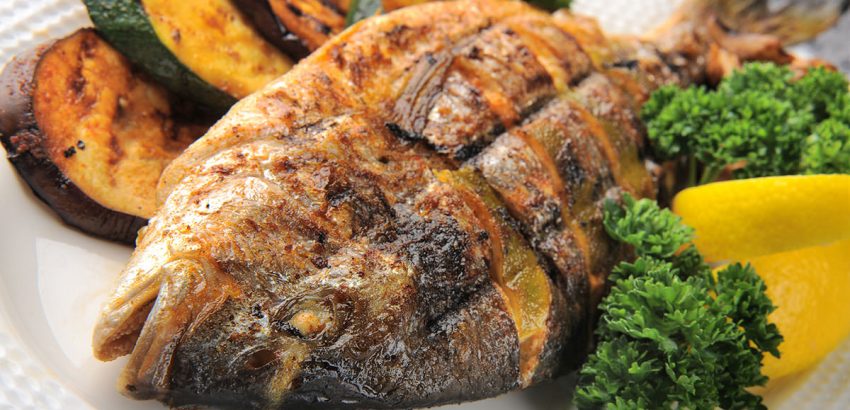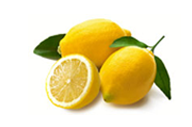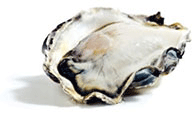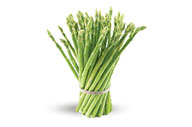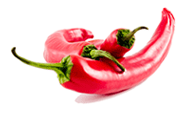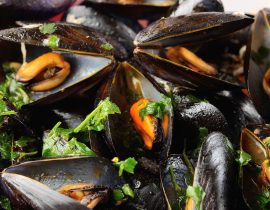Fish is a highly perishable product. The fishy smell of dead fish is due to the breakdown of amino acids into biogenic amines and ammonia.
Fish and wine make a complicated pair. Let’s see these guidelines to find how to combine wine for your favourite fish dishes. Fresh fish is a highly perishable food product, so it must be eaten promptly or discarded; it can be kept for only a short time. In many countries, fresh fish are filleted and displayed for sale on a bed of crushed ice or refrigerated. Fresh fish is most commonly found near bodies of water, but the advent of refrigerated train and truck transportation has made fresh fish more widely available inland. Wines made from produce besides grapes include rice wine and innumerable fruit wines, of which some of the best-known are pomegranate wine, apple wine and elderberry wine. Usually, white wine has always been combined with seafood, especially fish. This is partly because white wines are light and thus, easily blend in with any kind of flavour palate. Among the many types of white wine, dry white wine is the most common.
White wine also contributes to the development of dishes in the kitchen thanks to its acidity, aroma, and its ability to soften meat and deglaze the cooking juices
Its benefits to the body are however lower than those attributed to red wine because it is low in polyphenolic compounds. Long term preservation of fish is accomplished in a variety of ways. The oldest and still most widely used techniques are drying and salting. Desiccation (complete drying) is commonly used to preserve fish such as cod. Partial drying and salting is popular for the preservation of fish like herring and mackerel. Fish such as salmon, tuna, and herring are cooked and canned.
Fish such as salmon, tuna, and herring are cooked and canned. Most fish are filleted prior to canning, but some small fish (e.g. sardines) are only decapitated and gutted prior to canning. If the cool chain has not been adhered to correctly, food products generally decay and become harmful before the validity date printed on the package.

